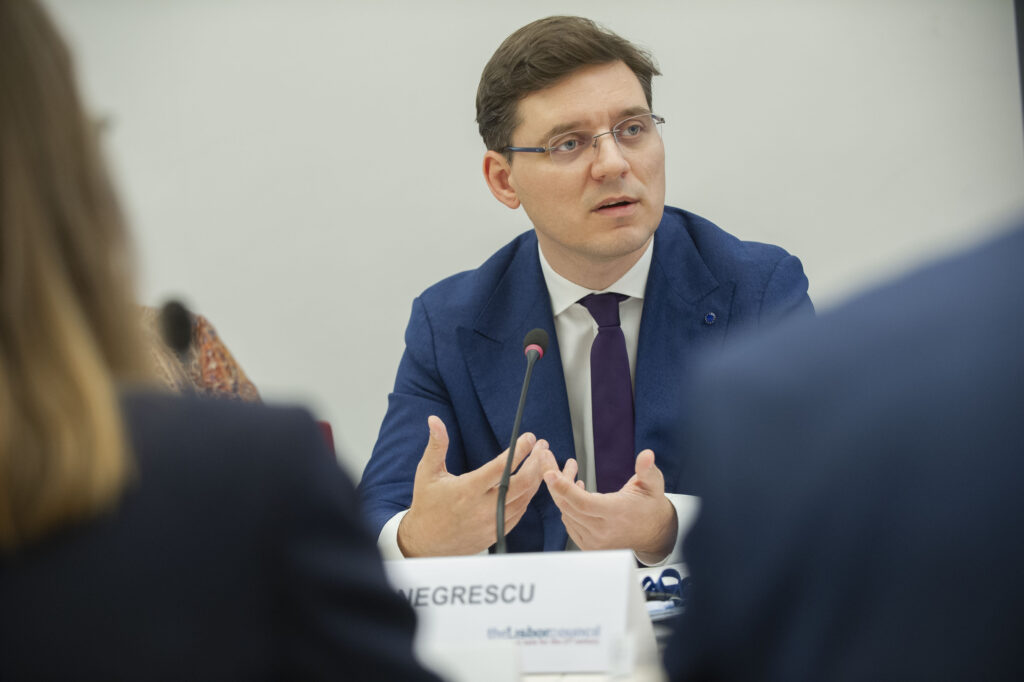June 2025
Data-driven action against corruption

Against a backdrop of rising global tensions, Europe’s leadership in fighting corruption and defending democracy and public trust is more important than ever. As negotiations on a new anti-corruption directive move forward, Europe is proving to be stepping up with concrete actions, leveraging new technologies to safeguard its core values and introduce effective policies. Yet, one critical ingredient remains underutilised: data. Without comprehensive, cross-border data, efforts to expose hidden corruption networks and address systemic vulnerabilities risk falling short.
To support these efforts, the Lisbon Council convened Europe: Guarding Integrity with Data-Driven Action Against Corruption, a high-level policy roundtable that brought together leading experts and policymakers for a strategic forum on evidence-based action against corruption. Victor Negrescu, vice-president of the European Parliament, opened the conversation and discussed Europe’s evolving role and the potential of the new anti-corruption directive with Alina Mungiu-Pippidi, BridgeGap project principal investigator and professor of comparative public policy, LUISS Guido Carli University; Marie-Hélène Boulanger, head of unit, democracy, anti-corruption, Union citizenship and free movement, directorate-general for justice and consumers, European Commission; Lucio Picci, professor of economics, University of Bologna; and Kristian Lasslett, researcher, the Institute for Futures Studies and professor of criminology, Ulster University.
The high-level roundtable was convened as part of the BridgeGap research initiative, a 15-partner project coordinated by the Lisbon Council and co-funded by the European Union to bridge the gaps in evidence, regulation and impact of anticorruption policies.
The gathering also marked the launch of Upholding Integrity, a new landmark data-rich analysis of corruption risks across 41 European countries.